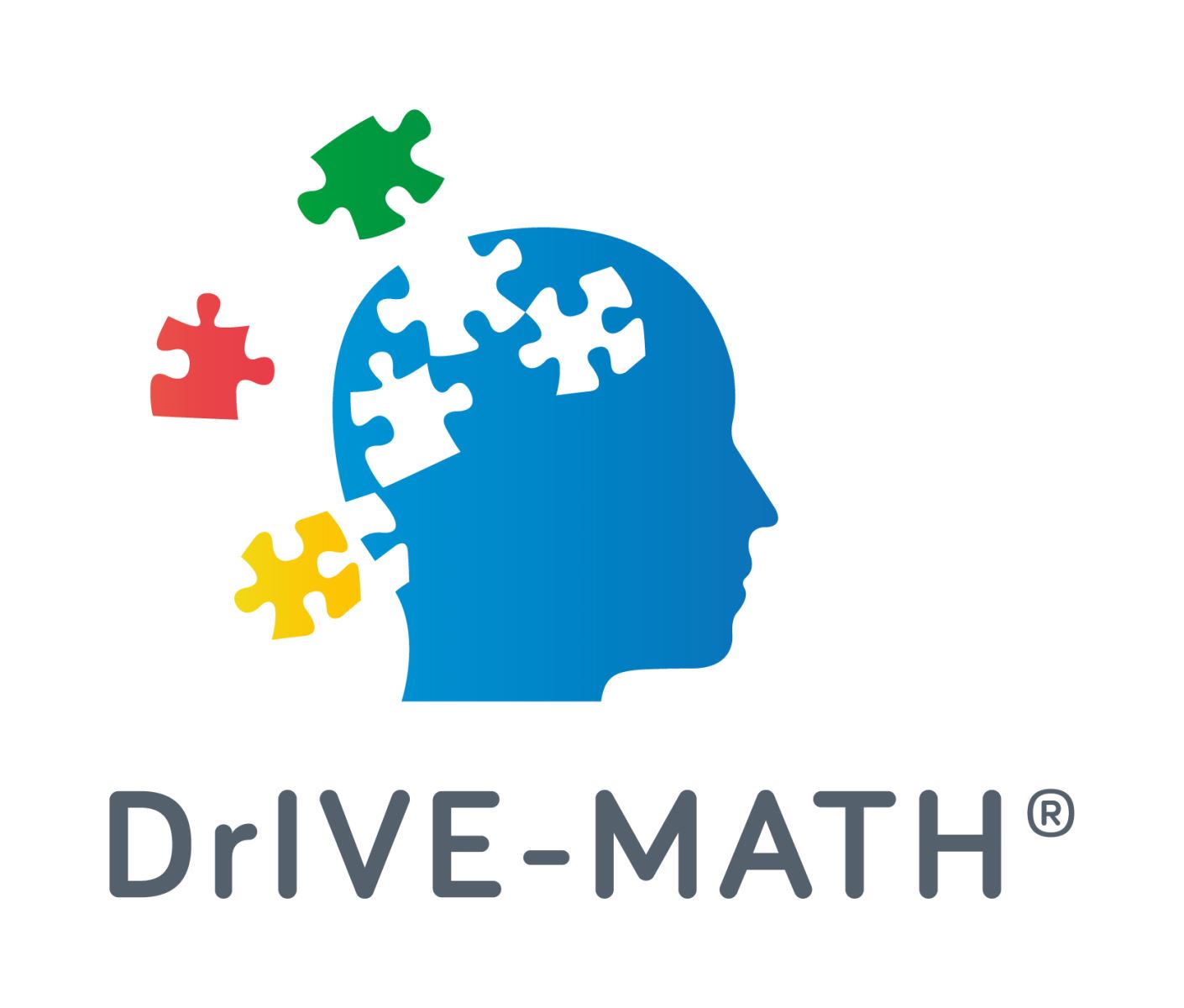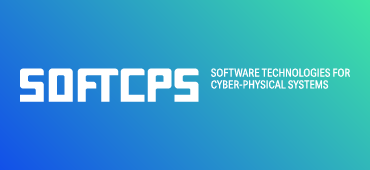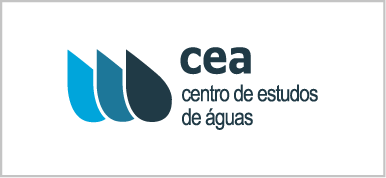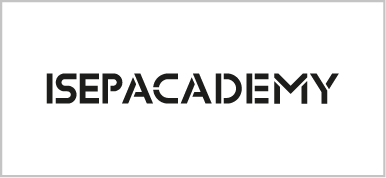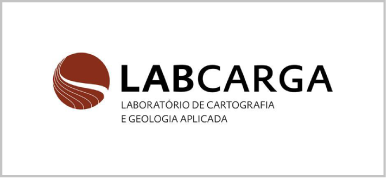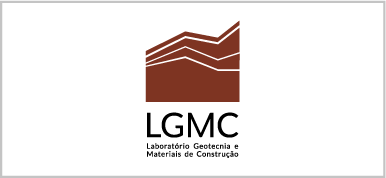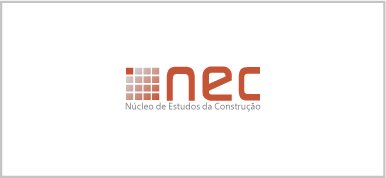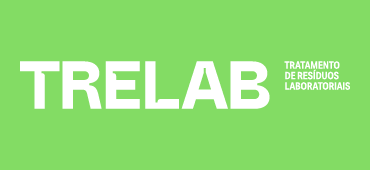
Short Biographies
gustavo alves
Gustavo R. Alves graduated in 1991 and obtained an MSc and a PhD degree in Computers and Electrical Engineering in 1995 and 1999, respectively, from the University of Porto, Portugal. He is a professor at the Polytechnic of Porto - School of Engineering, since 1994. He has authored or co-authored +250 publications, including book chapters and conference and journal papers with a referee process, and also co-edited 2 books.
He was involved in 19 national & international research projects. His research interests include engineering education, remote experimentation, and design for debug & test. He served as program co-chair of the 1st and 2nd International Conferences of the Portuguese Society for Engineering Education (CISPEE2013 and CISPEE2016), of the 3rd Experiment@ International Conference, and as general chair of the 11th Remote Engineering and Virtual Instrumentation (REV2014) conference and of the 3rd Technological Ecosystems for Enhancing Multiculturality (TEEM2015) conference, and also as a Program Committee member of several international conferences.
Dr. Alves is the present President of the Portuguese Society for Engineering Education (SPEE), a senior member of the Institute of Electrical and Electronics Engineers (IEEE), and the Global Online Laboratory Consortium (GOLC), the Portuguese Engineers Association (OE), the Association for Computing Machinery (ACM), and of the Virtual Instrumentation Systems in Reality - Special Interest Group (VISIR-SIG). He has served as guest editor at the international Journal of Online Engineering (iJOE), the international Journal of Engineering Pedagogy (iJEP), the IEEE Latin-American Learning Technologies Journal (IEEE-RITA), the European Journal of Engineering Education (EJEE), and Computers in Human Behavior (CHB). He currently serves as an Associated Editor for the IEEE Transactions on Learning Technologies.
--------------------------------------------------------------------------------------------------------------------------------------------------------------------------
ana breda
Ana Breda has a Ph D. in Pure Mathematics in the specialization of Geometry and Topology by the University of Coimbra, Portugal, is an Associate Professor with habilitation at the University of Aveiro, Portugal, a member of the Center for Research and Development in Mathematics and Applications CIDMA, member of ICMI .PT and coordinator of the multidisciplinary thematic strand GEOMETRIX. The work carried out by the Geometrix Line has been subject of several awards, being that, in 2018, GEOMETRIX was the winner of the prize for Scientific and Technological Innovation Jaime Filipe. She had been Head and Coordinator of the Scientific Committee of the Department of Mathematics of the University of Aveiro and President of the Portuguese Society of Mathematics-Central Region. With a considerable number of publications in mathematics, she has also publications and textbooks in mathematics education related with her role as responsible for different curricular units of engineering, Science and Mathematics. With extensive experience in the supervision of master and Ph.D theses in Mathematics, and in Mathematics Education she has supervised, theses that for their scientific value were worthy prizewinners. In particular, the Ph. D. thesis “Digital technologies to support the development of mathematical reasoning of students with autism spectrum disorder” of Maria Isabel Santos was the winner of the European award EDF-ORACLE E-Accessibility scholarship 2017-2018. The award ceremony took place last November in the European Parliament.
--------------------------------------------------------------------------------------------------------------------------------------------------------------------------
ken brown
Ken Brown, Masters Degrees in Control Systems and e-learning, Lecturer in School of Engineering (Letterkenny Institute of Technology, Ireland), PhD candidate studying online assessment. Author of 20 publications. Research interests: the reality of assessment using automated techniques in mathematics related engineering education, new educational technologies and their pedagogical integration in higher education.
--------------------------------------------------------------------------------------------------------------------------------------------------------------------------
WOLFRAM HARDT
Prof. Dr. Wolfram Hardt is Professor for Computer Engineering and Dean of the Faculty for Computer Science at the Chemnitz University of Technology. He received the German Diploma degree (Equal to M.Sc.) in Computer Science and Ph.D. degree from the University of Paderborn. In 1996 Hardt joined C-LAB - Cooperative Computing & Communication Laboratory and word on new technologies for high performance controllers and he submitted his Habilitation thesis on asynchronous architectures for embedded systems.
In 2003 Prof. Hardt became Chair of Computer Engineering Dept. at the Chemnitz University of technology. Furthermore, since 2006 until 2013 he was Dean of Faculty for Computer Science. Actually he is again Dean of Faculty of Computer Science. Since 2006 he is the Director of the University Computing Centre at the Chemnitz University of Technology. He is the editor of a scientific book series about self-organizing embedded systems and has published more than 100 papers, graduated 15 PhDs and supervises over 50 master thesis per year. Prof. Hardt is member of the Association for Electrical, Electronic and Information Technologies (VDI/VDE), the Association for Computer Science (GI) and the Association for Computing Machinery. He is committee member of several conferences on design methodology for embedded systems. His research interests include Hardware/Software Codesign, Self-organizing Systems and Robust Embedded Systems. Research results are applied to automotive systems and avionics. His lab runs complex demonstrators, e.g. Car2X applications are implemented on AUTOSAR based controllers and test methods for driver assistance functions are developed. For avionic systems adaptive flight control applications are in the research focus. Methods for high performance image processing are developed to detect flight targets, e.g. landing lane or objects subject to inspection. Implementations are tested and demonstrated on multicopter drone platforms.
--------------------------------------------------------------------------------------------------------------------------------------------------------------------------
lilla korenova
Lilla Korenova is an associate professor of Mathematics and Computer Sciences at the Department of Didactics of Natural Sciences in Primary Education of the Faculty of Education, Comenius University in Bratislava, Slovakia. She served as visiting professor at University in Debrecen (Hungary). She supervised more than 60 research, bachelor, diploma, and doctoral projects, co-authored many papers and books. In the scientific and expert field, she focuses on didactics of mathematics, digital technologies in teaching and learning, mobile learning, e-testing, e-learning and statistical methods in quantitative research. She is an author and lecturer in several programs of further teacher education.
See ORCID: 0000-0001-6103-531X, SCOPUS ID: 56210993000, Researcher ID: I-4201-2017, https://www.researchgate.net/profile/Lilla_Korenova
-------------------------------------------------------------------------------------------------------------------------------------------------------------------------
CHRISTIAN MERCAT
--------------------------------------------------------------------------------------------------------------------------------------------------------------------------
paula peres
She has an aggregation in the doctoral area of Education: Online Education and eLearning, a post-PhD and a PhD in Education technologies area. Master in computer science and graduate in Math Computer. She has a Post-graduation in adult education. She is currently teaching on the Information System scientific area in the School of Accounting and Administration of Porto / Polytechnic of Porto (iscap/p.porto). She was the pro-president for e-Learning of Polytechnic of Porto from 2016-2018. She was responsible for the Training Center and Services of ISCAP/ Polytechnic of Porto, from 2011-2018. She is the coordinator of the unit of eLearning and Pedagogical Innovation of P.PORTO (EIPP/P.PORTO). She is a director of the Innovation and Digital Communication post-graduation b-learning course.
Since 2003, she is developing many research activities concerning the e/b-learning and Pedagogical Innovation. She has been a member of the Program and Scientific Committee of several conferences. She is a scientific coordinator of some e-learning research project. She serves as Member of the Editorial Board and referee for many scientific journals and is a guest editor of the Journal of Cases on Information Technology. She has some books published in the information system and e-learning area. http://www.linkedin.com/in/paulaperes.
--------------------------------------------------------------------------------------------------------------------------------------------------------------------------
JOSÉ CARLOS QUADRADO
Jose Carlos Quadrado, is an international leader in engineering education.
He is a tenured full-professor at the Porto Polytechnic Institute (P.Porto), one of the leading and most prestigious engineering institutes in Portugal, where he is also currently the Pro-President for Internationalisation.
He holds a BSc in Energy and Power Systems, a diploma degree in Electrical Engineering, Automation and Industrial Electronics, a MSc and a Doctor degree in Electrical Engineering and Computers from Lisbon Technical University. He also holds the Habilitation degree (Aggregation) in Electrical Engineering from Beira Interior University.
He is currently the immediate past-President of the Latin American and Caribbean Consortium of Engineering Institutions (LACCEI). Holds the position of past-President of the International Federation of Engineering Education Societies (IFEES) and the position of past president of the Ibero-American Engineering Education Association (ASIBEI). He is also a past-Vice President of the European Society for Engineering Education (SEFI) and past-President of Instituto Superior de Engenharia de Lisboa (ISEL).
Innovative, good communicator and experienced in the field of Engineering he leads the Portuguese Observatory on European and Latin-American University management strategy best practices (TELESCOPI Portugal). Being a former member of the National Bologna Expert Group, he is the past-President of the Portuguese association of engineering deans (APDI2E).
As a current member of the general assembly of the European Network for Accreditation of Engineering Education (ENAEE), he has been actively supporting the development of new accreditation agencies in Central Asia and Latin America. He is also a Kazakhstan Society of Engineering Education (KazSEE) accreditation board member. Being a member and senior member of several engineering societies and engineering education societies in several continents, he is also a visiting professor in many universities around the world and board member of several technological societies and technological companies.
He has been involved in more than 200 international publications, patents and has been the recipient of international technical awards and scholarships.
He is the Peter I 2017 medallist from the Russian Engineering Education Association. He has also occupied editorial positions in scientific journals. His academic work is mostly related to the fields of renewable energy, fuel cells, electric vehicles and intelligent control.
--------------------------------------------------------------------------------------------------------------------------------------------------------------------------
daniela velichová
Doc. RNDr. Daniela Velichová, CSc., mim. prof., professor of applied mathematics, is the head of the Institute of Mathematics and Physics at the Faculty of Mechanical Engineering, Slovak University of Technology in Bratislava, Slovakia. In addition to teaching various maths and geometry courses at all three levels of university study, she works also as active scientist in the fields of geometric modelling and differential geometry of curves and surfaces. She was and still is involved in many European programmes on teaching mathematics for engineering students, and currently she is chairing the Steering committe of the SEFI Working Group on Mathematics in Engineering Education that is primarily dealing with innovative teaching methodologies and scenarios for maths courses on engineering study programmes at European universities sefi.htw-aalen.de . Her activities are also focused on supporting young people, especially women, to enter the kingdom of Mathematics, as member of the steering committe of international association Europen Women in Mathematics www.europeanwomeninmaths.org/ .
--------------------------------------------------------------------------------------------------------------------------------------------------------------------------

